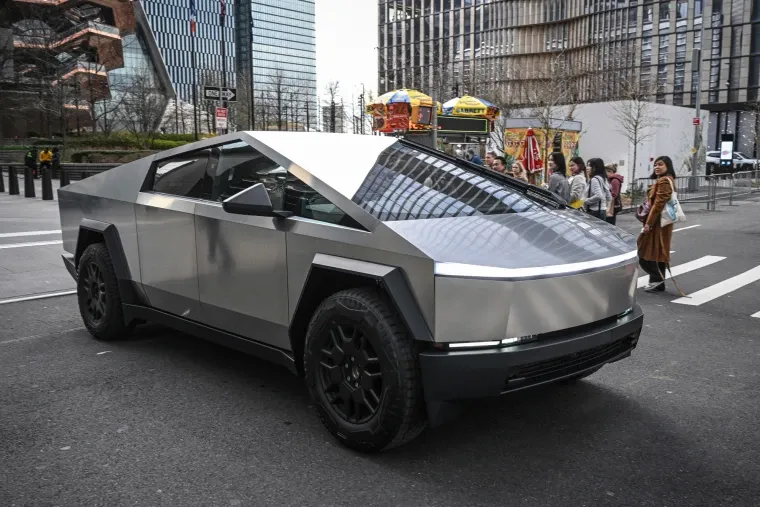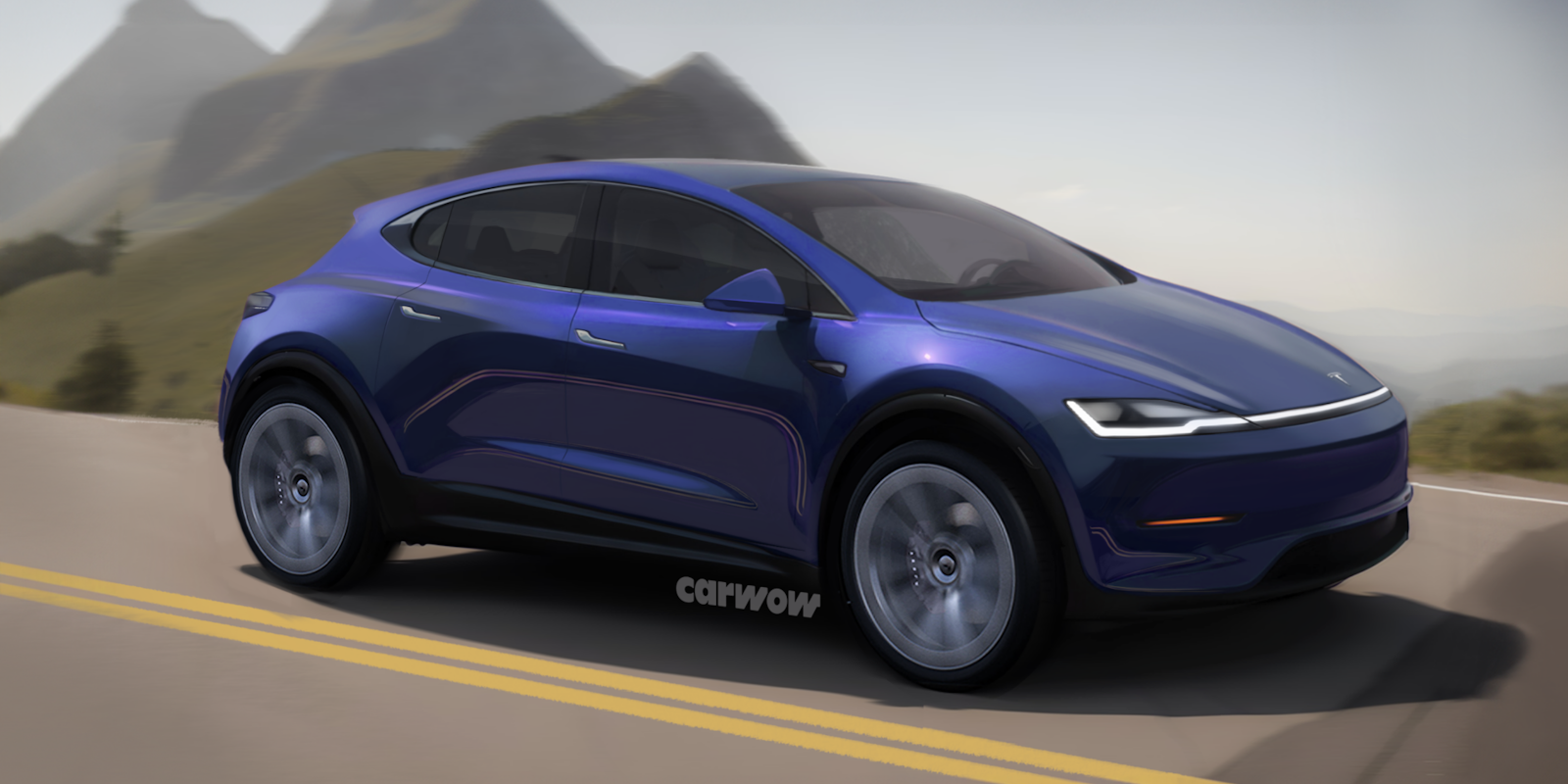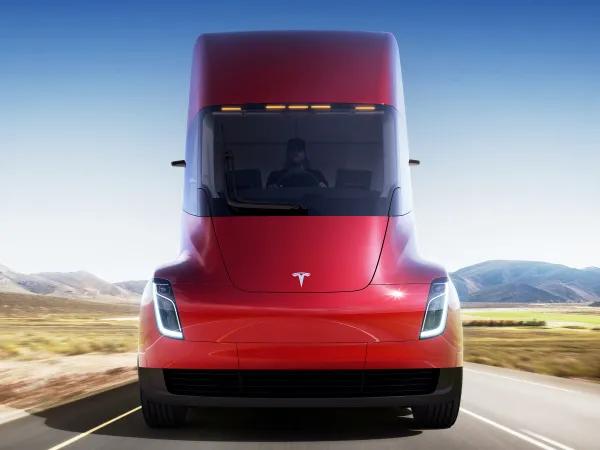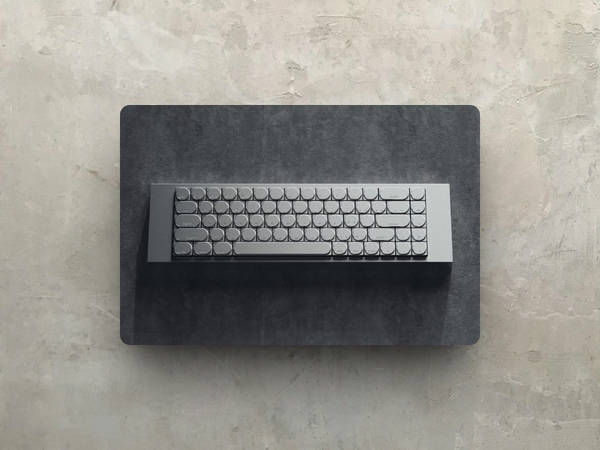The Elon Musk doctrine has been the driving philosophy at Tesla for over ten years, but it looks like it's starting to cause some problems.
The company's founder has developed a cult of personality, positioning himself as a visionary creative force charting an electrified future. But Tesla's recent missteps point to the inherent flaws of Musk's authoritarian design ethos over a more democratic, user-centered approach.
Case in point, of course, is The Homer, erm, I mean Cybertruck.

The layoffs of 14,000 workers this week, compounded by bungles around severance pay, showcase an organisation scrambling amid intense financial pressures.
All while shareholders are asked to rubber-stamp another ludicrous $56 billion pay package for their eccentric leader.
$56 billion.
It's a stark disconnect from the experience of Tesla's everyday customers and employees. This top-down arrogance has increasingly coloured Tesla's product design trajectory as well.
Rather than listening to consumer demands for an affordable, mainstream electric vehicle, Musk has indulged in passion projects like the Cybertruck. This brutalist wedge of cold-rolled steel may electrify a few folks interested in cosplaying as an extra from Blade Runner.
But it's a million miles from what everyday car buyers want or need.

Compare this to Tesla's rivals that have embraced a more democratic, user-centered design mentality. Brands like Hyundai, Kia, and VW have rapidly launched waves of practical, relatively affordable EVs tailored to mainstream tastes and lifestyles.
A good example is how Tesla is continuously pushing for buttonless cockpits, ensuring that drivers (while driving) will need to fumble through a whole host of options just to access basic driving features.
Conversely, this isn't the case with other car manufacturers, with Hyundai even coming out to assure drivers that buttons will always remain front and centre of their cabin designs.

Tactile design in automobiles saves lives. Seriously.
Legitimate car manufacturers are succeeding by designing vehicles cooperatively, aligned with how real people live rather than Musk's authorial whims.
Admittedly, Musk's absolutist style produced some early wins that disrupted the auto industry's complacent attitudes towards electrification. Tesla's televangelism around EVs pushed incumbents to finally start taking them seriously as a powertrain of the future.
But as the EV arena grows more crowded and competitive, Tesla can ill afford to keep dismissing widespread consumer needs in service of Musk's unchecked ego.
Design innovation is no longer about cramming out Musk's fever dream concepts and expecting buyers to fall in line. It requires humility, listening to customers, and democratically responding with solutions that seamlessly integrate into their lives.
Musk and Tesla would be wise to swallow their pride and embrace a more democratic, user-centred design philosophy before it's too late.
Because if they keep blithely indulging their authoritarian cravings, even the most devout acolytes may soon be seeking deliverance elsewhere.












